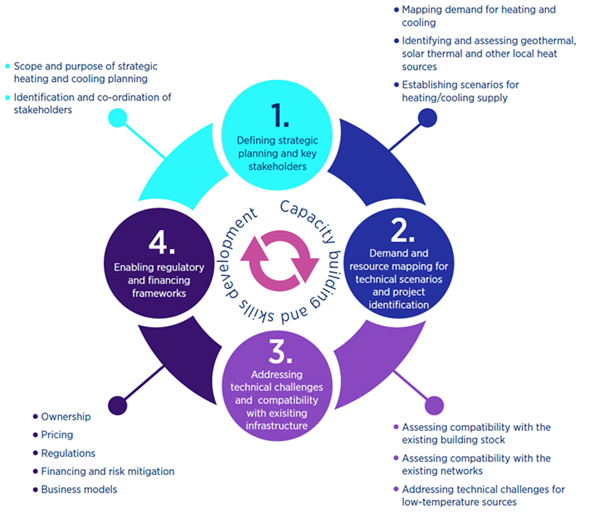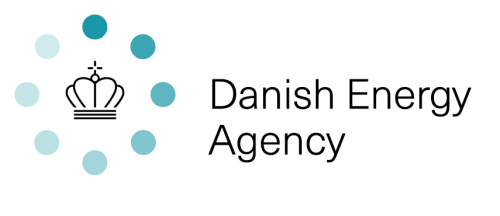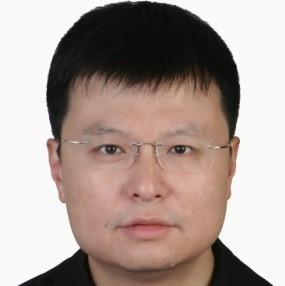Background
In the framework of the Energy Solutions for Cities of the Future project, a project supported by Germany’s International Climate Initiative (IKI) and that promotes the decarbonisation of energy systems in cities, the International Renewable Energy Agency (IRENA), in collaboration with Aalborg University and with the support of an advisory group of district heating and cooling practitioners, developed a guidebook aiming to increase knowledge of national and local policymakers concerning the integration of low-temperature renewable energy sources, including geothermal energy, solar thermal, as well as, waste heat, in district heating and cooling networks.
This publication has been used in training and capacity-building activities developed in the Global Geothermal Alliance (GGA) framework. A series of three webinars were organised to increase the knowledge of local and national policy-makers and key stakeholders on options and existing tools to facilitate fuel switch to renewable energy in district heating networks in cities. Three region/country-focused workshops were also organized: a first workshop in Belgrade, targeting, in particular, Southeast Europe; a second (online) workshop with a focus on Belarus; and finally a virtual workshop with a focus on China.
Scope of work
The key topics addressed in the guidebook include strategic planning for heating and cooling; challenges and solutions for integration of renewables into existing or new buildings and networks; and enabling regulatory conditions, business models, and financing.
Key recommendations for China:
- Develop strategic heating and cooling plans based on clear political drivers and identify key stakeholders to engage in the energy transition; for China, promote interaction between national level, local level, and company level to promote a clean heating transition.
- Elaborate on technical scenarios based on assessments of demand for heating and cooling, as well as the mapping of locally available low-temperature renewable energy resources; for China, ensure clean heating energy supply e.g. by enhancing infrastructure and identifying energy resource potential, and strongly increase clean heating in rural areas.
- Implement the switch from fossil fuels to renewables in conjunction with the modernisation of district energy networks and the renovation of building stock to achieve optimum performance (both technical and socio‑economic); for China, accelerate the reform of district heating systems; strengthen emissions control administration in the heating sector, and promote innovation and upgrading of technological equipment.
- Promote the utilisation of locally available renewable energy sources for heating and cooling by addressing intrinsic challenges; for China, build a clean heating industry system and promote clean heating demonstration projects.
- Ensure enabling regulatory conditions, supportive financing options and business models are established; for China, provide financial support through multiple channels and improve pricing and market-oriented mechanism.

The guidebook includes two Chinese short cases:
- Zhengzhou: Strategic heat planning in a new area
- Jinan: Leverage of national energy policies and subsidies on local renewable district energy projects
The virtual workshop with a focus on China was organised with the support of the National Energy Administration of China (NEA) and the Chinese Renewable Energy Engineering Institute (CREEI). The workshop entailed the presentations of the findings of the guidebook, and specific topics relevant to district heating and cooling in the country were presented by guest speakers from government, industry and academia. The workshop consisted of four main sessions:
- Session I: Overview of district heating and cooling in China and presentation of the guidebook
- Session II: Strategic heating and cooling planning
- Session III: Enabling framework conditions, financing and business models
- Session IV: From conventional to efficient and renewable-based district heating and cooling: Technical challenges and solutions
Share this
Sector: District energy
Country / Region: China
Tags: climate friendly government subsidies, combined-cycle power stations, demonstration project, emissions, heating and cooling, International Renewable Energy Agency, projects, rail transport, stakeholders, waste heatIn 2 user collections: Urban Climate Neutrality (China) , Sino-Danish Clean and Renewable Heating Cooperation Centre – Library
Knowledge Object: Publication / Report
Published by: IRENA
Publishing year: 2021




